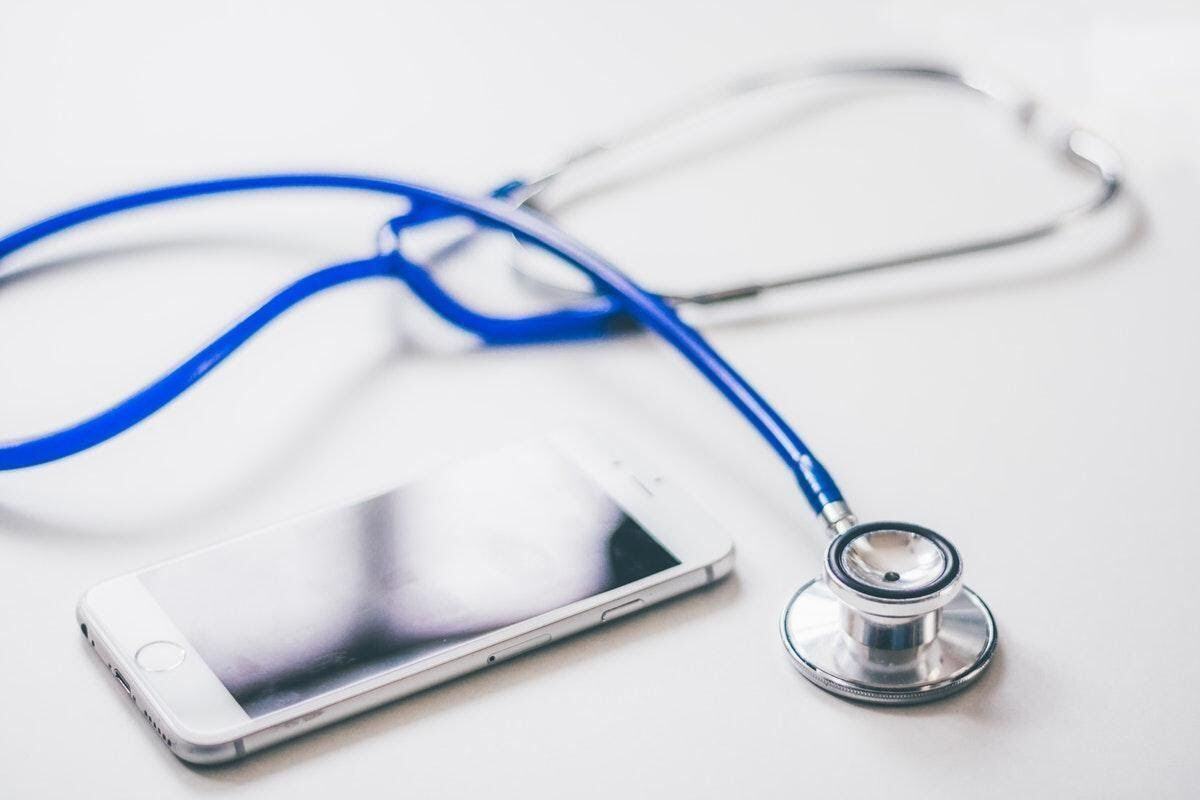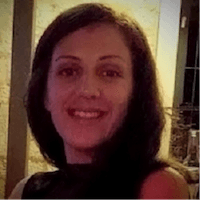3 Benefits of Using Mobile App Technology in the Healthcare Industry
Mobile app technology plays a significant role in modern society and is being adopted across all industries, healthcare is no exception.
It is hard to disagree that mobile apps have revolutionized the way we access healthcare and healthcare systems.
According to a report from prnewswire.com, the global Digital Health market is projected to reach over $500 billion in revenue by 2025.
Healthcare systems are now considering whether mobile apps can help them improve transparency, communication, and disseminate healthcare services across boundaries.
If you are not fully bought in on using mobile apps in your healthcare practice, here are three ways mobile apps are changing the healthcare industry for the better.
1. Improved Patient-Doctor Engagement
One of the most important factors in today’s patient experience is making sure they find value in the experience. The best way a patient can feel they are getting value from their healthcare experts is through proper engagement from their doctor.
Mobile apps offer patients and healthcare providers a chance to interact in a more personal manner. As a result, healthcare providers can make informed decisions after interacting with their patients.
Technology has given people a chance to think more about their health and engage with health experts on ways to improve their health.
Mobile applications eliminate the traditional way of engaging with healthcare providers.
Nowadays, you can access healthcare information and advice anywhere at any time.
The accessibility of mobile apps makes communication barriers minimal and the patient experience better.
Accenture found that at least 54% of healthcare seekers rely on their smartphones when seeking answers to their health concerns.
Using mobile applications is part of a holistic approach meant to improve the patient experience while enhancing their loyalty and satisfaction.
2. Better Medical Compliance
Mobile apps play a significant role in helping patients follow the doctor’s instructions and medication orders.
Mobile applications can make patients accountable by sending reminders, so they remember to adhere to the prescribed drugs through notifications and messages.
While there are no guarantees patients will read the message prompts or even understand what the message means, it is still an excellent way of giving them easy access to their health care status and medical history.
Mobile apps are advanced and are rich in features. Some mobile healthcare apps can calculate when a prescription will run out. Timely reminders are an influential factor because some patients don’t know or understand the consequences of not taking medications on time.
Medical apps can remind the patient when it’s time to take their drugs, tell them the amount to take at each given time, and make them confirm they took it. This simplifies the patient experience and can lead to quicker recovery times.
For instance, a patient might have to take 40mg of medication for one week and continue with a 20mg a week after. In such situations, a pre-set medication inputs in a mobile app that a patient uses can be a literal lifesaver.
Mobile apps function as reminders, while at the same time tracking and documenting both when a specific drug was taken and the number of drugs taken at that time. This can help immensely in helping medical centers to lower medical noncompliance problems.
3. Improve Healthcare Services
Technology is excellent in providing consumers with the latest updates in any field of interest.
Here, mobile applications can provide users with news concerning emerging trends in terms of medical innovations.
It is also possible to track advances in certain areas in the medical field. As a healthcare provider or a patient, you can follow these updates and know of any medical breakthrough.
Empowered with knowledge, patients can ask for alternative treatments or become more inclined to adjust their diet.
Furthermore, mobile apps can serve as a platform where healthcare experts can sort through data from thousands of patients and make predictions or recommendations on future treatments.
The apps can keep track of treatment results, which is an excellent way of helping medical professionals when making critical therapeutic resolutions.
Since mobile apps can provide timely information and empower patients to seek answers before rushing to the doctor’s office, those in need get a better service due to less crowded hospitals.
Insights from mobile app data help people make informed decisions. For instance, baby monitoring apps can help a parent oversee their child’s health by offering healthcare tips and features such as “ask-a-pediatrician.”
Mobile Apps Contribute to Healthcare Best Practices
Over 85% of the world’s population uses mobile apps to access different services in different fields.
Mobile applications have a vital role in the health sector as they can improve doctor to patient engagement and raise the patients’ awareness of drug prescriptions.
As a healthcare provider, you want your patients to get well as soon as possible, but that cannot happen when the patient fails to remember the time they should take their drugs. Healthcare apps are crucial, and they assist in proper communication and better patient documentation and reducing the chances of medical noncompliance.
Next Steps:
To put all of this in perspective, it’s helpful to have a steady source of healthcare information that you can rely on. We invite you to subscribe to our blog today to keep up with the latest industry news in healthcare.
Articles you may also like:
- The Top Healthcare Events & Conferences of 2020
- Healthcare System Security: Staying Secure in an Insecure World
- How a Great EHR System & Patient Portal Helps Your Patients
About Heather Redding
Heather Redding is a content manager for rent, hailing from Aurora. She loves to geek out writing about wearables, IoT and other hot tech trends. When she finds the time to detach from her keyboard, she enjoys her Kindle library and a hot coffee. Reach out to her on Twitter.







